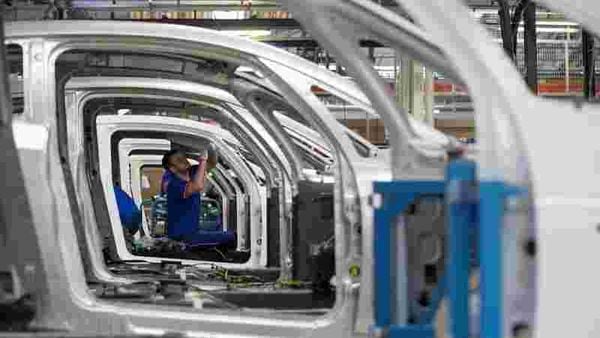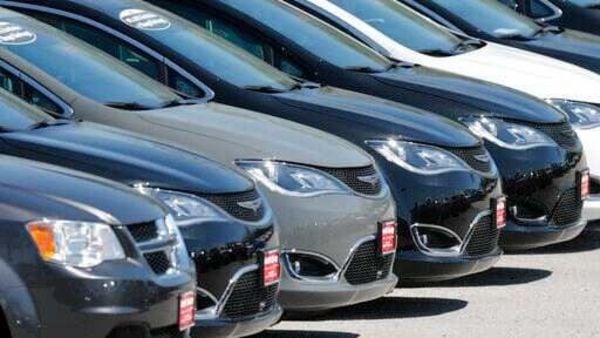Indian auto makers need to map vulnerabilities, realign supply chains: Report


Automobile companies in India will need to map vulnerabilities and realign their supply chains to meet current challenges in the wake of the coronavirus pandemic, according to a report by consultancy firm EY.
With the supplier base of a majority of components in the Indian auto industry not diversified, the report -- Non-linear automotive supply chain - Covid-19 and Beyond -- said the impact of the global health crisis on the industry has been deep-rooted.
Also check these Vehicles
Commenting on the findings of the report, EY India Partner and Automotive Sector Leader Vinay Raghunath said: "The Indian automotive supplier base is currently not too diversified for the majority of components. This was to drive volume-based price efficiencies. However, this strategy is highly exposed to risks arising from disruptions in geographies that supply key auto components."
Also Read : Price hikes to dampen recovery for Indian automakers after festive boost: Fitch
Stating that the impact of Covid-19 on the industry has been "been deep-rooted" the report recommended "a bottom-up evaluation of the supply chain architecture and its vulnerabilities against external factors like the pandemic".
"Automotive firms will need to map vulnerabilities and realign their supply chains to meet current challenges," EY India said.


The sector's dependency on imports -- USD 17.5 billion worth of auto components -- has also played a part in escalating the challenges of the sector due to higher costs.
"Before the pandemic, to enforce 'Make in India', the government in the union budget 2020-21 hiked customs duty on raw materials and inputs imported by domestic manufacturers 2.5 per cent -5 per cent, and completely built units (CBUs) from 30 per cent- 40 per cent for commercial vehicles other than electric," EY India said.
Also Read : Covid-19 battered auto sector drives into 2021 with cautious optimism
Traditionally, logistics costs in India have been comparatively higher than its other neighbouring nations.
"The key challenge for the Indian automotive supply chain would be to manage the cost escalation year-on-year, driven by rising fuel costs. OEMs, therefore, need to explore the ability of key suppliers to fulfil orders from alternative locations," it added.


Stating that the Indian auto industry needs to deploy crisis management, governance and supply chain intelligence, the report also said the critical first step would be to identify a company's key direct suppliers and dependencies - both in the supply and the demand side.
"It requires an in-depth mapping exercise to understand its ability to meet supply requirements and responses during potential risk scenarios. This will enable the creation of a flexible ecosystem comprising suppliers and distribution partners," it added.
Also Read : Monitoring impact of automotive chip shortage: Indian industry body
The report also said exploring agile and flexible supply and distribution networks could drastically reduce the risks associated with the unpredictability of demand.
"Being highly dependent on the lowest cost supplier and minimal inventory might significantly impact the supply chain, as the business environment deals with dynamic demand characteristics of the market," it said, adding there is a need to appropriately evaluate newer variables for designing the optimal supply chain model, basis the possible external scenarios.








 1769.0 cc
1769.0 cc 20.0 kmpl
20.0 kmpl
















